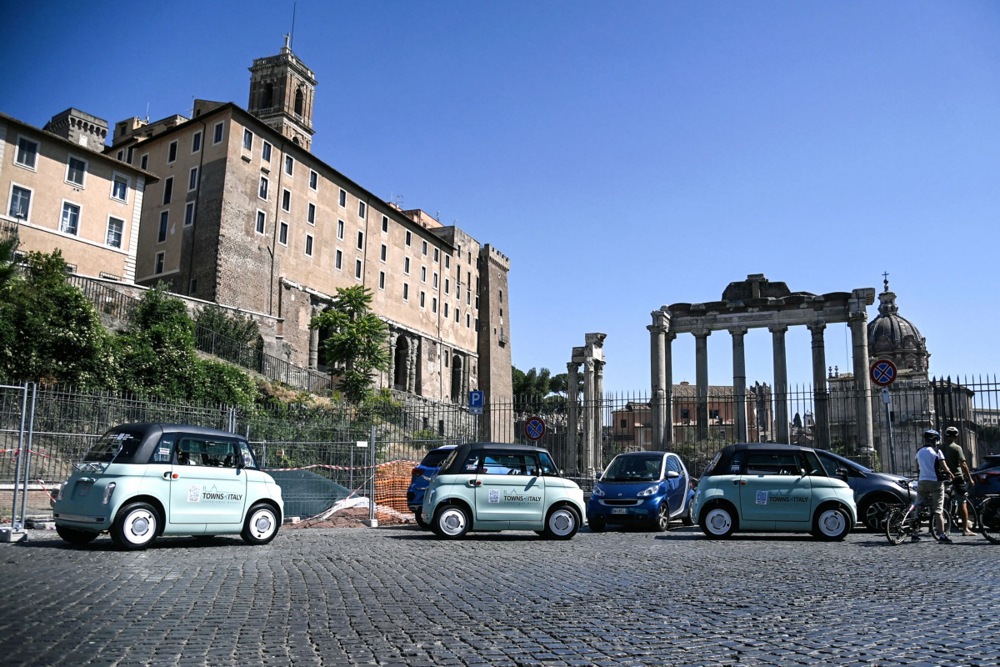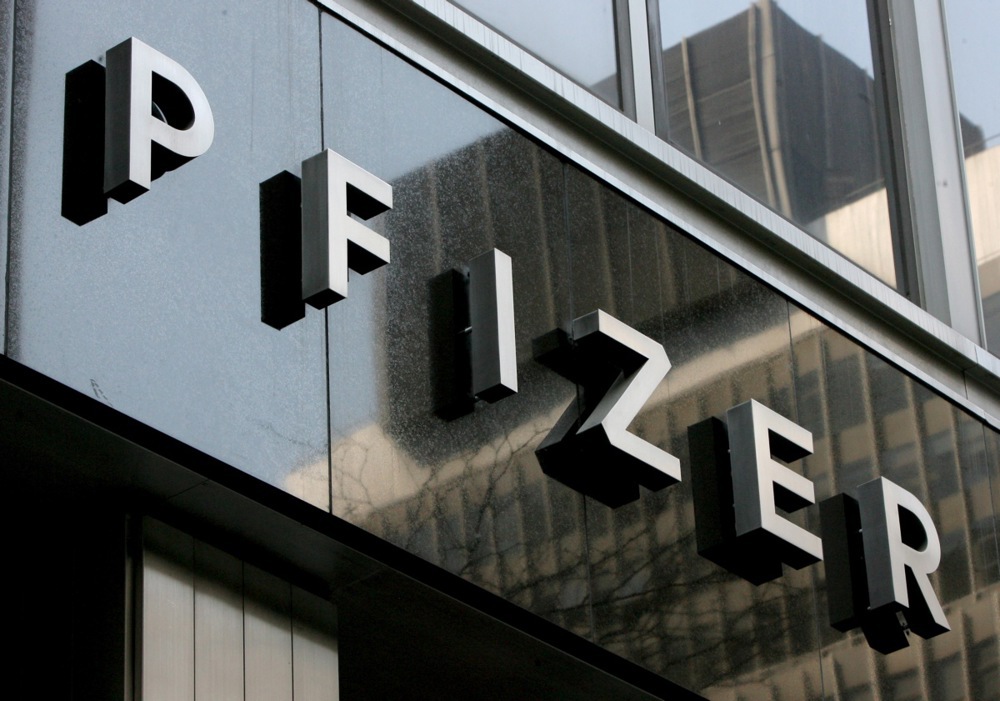Italy’s €600 million subsidy scheme for electric cars was snapped up in a day – one of the fastest take-ups of “green” mobility funding seen in the Europe Union.
The Italian government opened the programme on October 22. It offers up to €11,000 to private buyers and €20,000 to small firms that scrap an old petrol or diesel model vehicle and aims to replace about 39,000 internal-combustion vehicles by mid-2026.
The funding comes from unused EU recovery money that Italy risked losing. Officials repurposed it for direct electric vehicle (EV) purchase support instead of electricity charging points after revising the national recovery plan earlier this year.
“These are new Italian incentives for battery-electric vehicles aimed at both private individuals and small businesses,” the Italian office of Transport & Environment told Brussels Signal today.
“It’s a scrapping scheme funded with unspent EU funds, which otherwise might have been lost.”
Just over 24 hours after opening, the entire budget was booked. According to the Italian Ministry of Industry, 55,680 vouchers for new EVs were issued.
Regional top-ups may add to the national scheme.
Lombardy offers up to €4,000 for private buyers and €8,000 for electric vans bought by small firms when an older vehicle is scrapped.
In parts of South Tyrol, local grants and utility payments combine to give buyers the equivalent of about €4,000 on some EVs. Some regions also waive annual road tax for them.
The car industry in the EU is struggling due to trade wars and weak demand.
Germany, long the continent’s automotive leader, is now under strain.
Today, Mercedes-Benz reported a 31 per cent year-on-year fall in third-quarter profit. BMW and Volkswagen have also seen orders decline as EV demand slowed following the sudden end of purchase grants late last year.
The German Government had planned to repurpose unused climate funds to keep incentives running but a court blocked the move in 2023.
Since then, registrations have dropped sharply. The coalition administration in Berlin has promised new help for low and middle-income households, including leasing schemes and tax breaks for electric company cars, but the parties remain divided over the details. The transport and environment ministries said no new purchase support was in place “for budgetary reasons and because the car industry itself is not actively promoting them”.
In Italy, another European car giant, the industry is also struggling.
Stellantis, which makes Fiat, Peugeot, Jeep and Alfa Romeo vehicles, has cut nearly 10,000 jobs in four years and warned that factory closures could follow unless domestic sales improve.
Italian Prime Minister Giorgia Meloni has called the EU’s zero-emission law “madness ideology”, accusing the European Commission of forcing a shift that harms national industry.
France and Spain argue the opposite saying that steady incentives are essential to keep production in Europe as Chinese trade restrictions on critical minerals and components tighten.
Both countries have reminded Brussels that their carmakers have already committed billions to electrification.
Earlier in October, they sent a joint letter to EU leaders to warn that reversing the 2035 phase-out of combustion engines would break the bloc’s legally binding climate goals.
Dealers say the Spanish market, though, has rebounded strongly. In the first half of this year, electric and plug-in cars made up 21 per cent of new registrations in June, close to matching last year’s full-year total.
The Centre for European Reform, a Brussels-based think-tank, wrote in a report that “the French model, with its carbon-based scoring system, is the most practical template to adopt across member states”.
It said the system “effectively steers demand toward European-made EVs and filters out Chinese production because it limits subsidy to vehicles produced in low-emission supply chains.”
The report added that aligning national schemes around the French model “would prevent fragmentation and stoke demand for all EU-built electric cars”.





